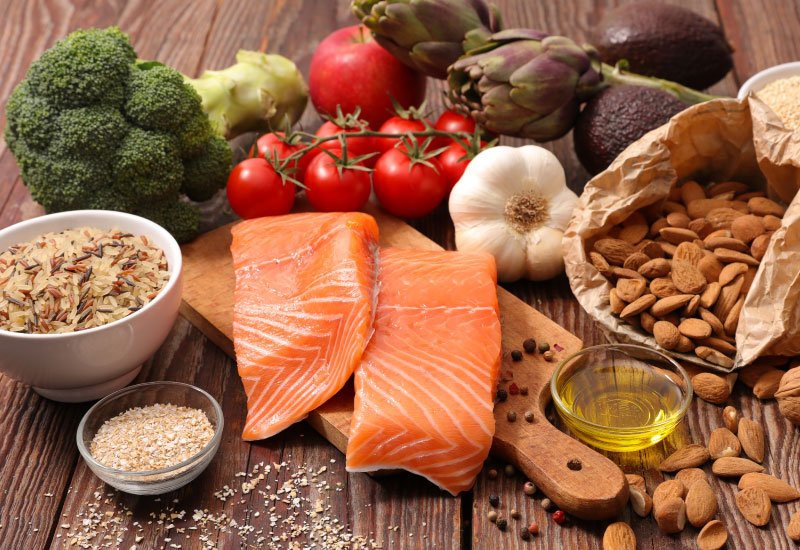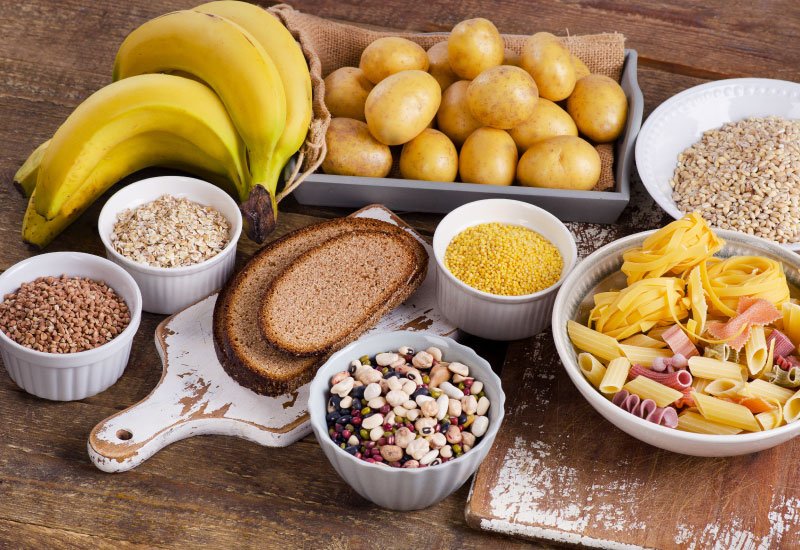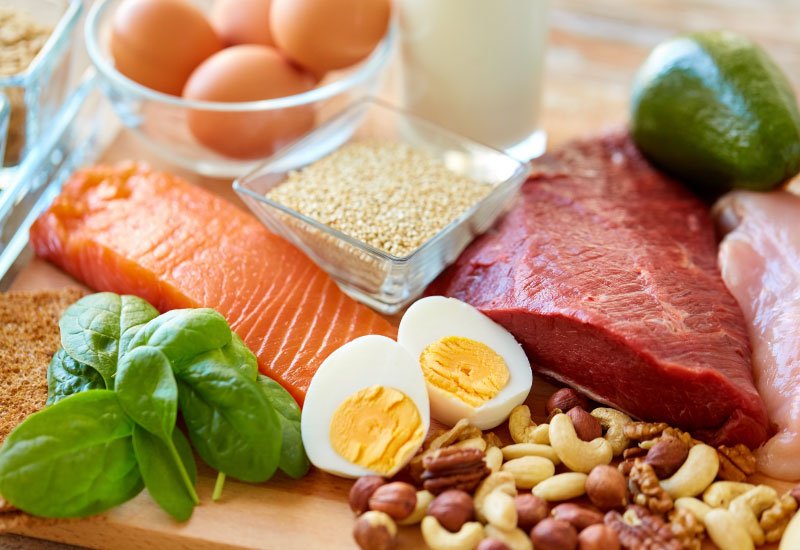
Many people are confused about carbohydrates, especially starchy carbs such as potatoes and how to incorporate them into our diet. Carbohydrates are divided into three categories: sugar, fibre and starch.
Starchy foods are an excellent source of fibre, vitamins, minerals and phytonutrients and an essential part of a healthy balanced diet. Some people mistook starchy foods as fattening, but they contain fewer than half the calories of fat. It’s where you get your starch from matters. Ideally, the starch you consume should come from fresh produce, whole grains and legumes. Sweet treats and snacks, which also contain starch, does not offer any nutrients.
Starchy foods include peas, corn, potatoes, beans, pasta, rice and grains. Beans are the healthiest starch options as they are high in fibre, contain healthy plant-based protein and are packed with nutrients and antioxidants. Whole grains such as oatmeal and barley are also top of the list as they can lower cholesterol for a heart-healthy diet.

Opt for wholegrain cereals for breakfast rather than those sugary junk, whole oats with fruit and yoghurt and wholemeal, seeded bread for breakfast. For lunch, have brown rice or pasta and load up on your veggies.
Protein is responsible for building tissue, cells and muscle in your body as well as making hormones and antibodies. Hence, you need to include protein in your diet daily. Protein also improves health in many ways as well as help you lose weight and belly fat while increasing muscle mass and strength. A diet rich in protein lowers blood pressure, fights diabetes and lots more.
Eggs and dairy are a good source of protein. Start your day with a healthy omelette and a milk-based smoothie packed with fruits. So delicious!
Fish and seafood are low in fat and rich in protein, especially salmon, which packs a healthy omega-3 fatty acid which is good for your heart. Lean meat from white meat poultry such as chicken and turkey keep your belly full for lunch without the calories. If you are lactose intolerant and can’t stomach dairy food, try soy-based milk or tofu. Need a handy snack on-the-go or in office? Try seeds and nuts.

The bottom line is, whatever you eat, eat a moderate and varied diet for weight control and to stay healthy. Make sure to include all the food groups throughout the day. And remember to make fruits, vegetables, grains, dairy and protein part of your daily meals.
